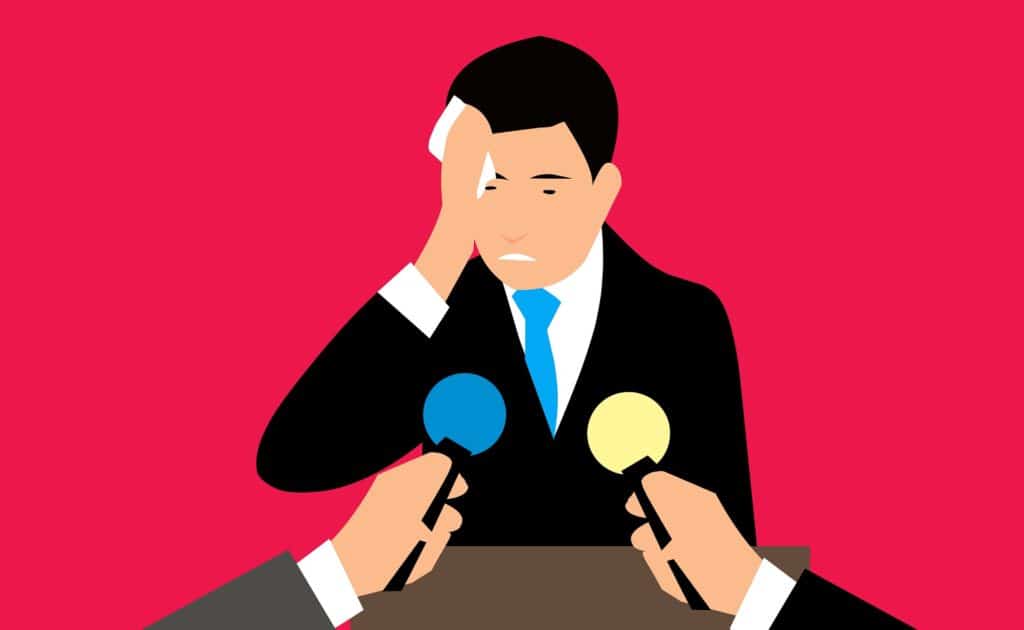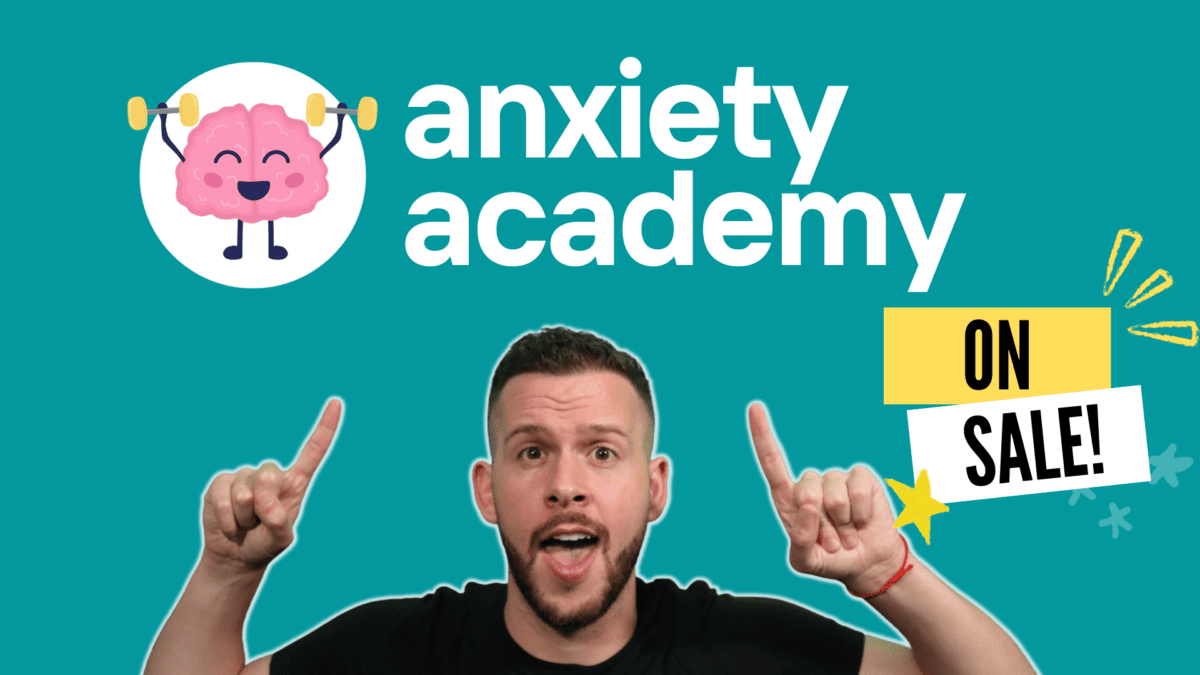What is a phobia? And how do you know if you have a phobia?
A phobia is defined as “an extreme or irrational fear of or aversion to something.”
Someone with a phobia may experience mild to severe anxiety when exposed to a very specific stimulus.
Here are a few examples of common phobias you may have heard of:
- Acrophobia: the fear of heights
- Agoraphobia: the fear of having a panic attack in public
- Arachnophobia: the fear of spiders
- Claustrophobia: the fear of crowded or confined spaces
- Glossophobia: the fear of public speaking
- Mysophobia: the fear of germs
- Ophidiophobia: the fear of snakes
- Trypophobia: the fear of irregular patterns or clusters of holes/bumps
- Xenophobia: the fear of strangers or foreigners
A phobia differs from a healthy aversion to something due to the extreme reaction the victim has.
For example, disliking spiders is normal. Most of us do not want spiders crawling on us at any given point in the day. But to have a panic attack at the sight of a spider across the room, or even at seeing a photo of a spider? That is an extreme reaction, an irrational fear; a phobia.
Someone with a phobia may experience anywhere from mild to severe anxiety. This anxiety can come about before, during, after, or just from thinking about their phobia. Once the stimulus is removed, their fear and anxiety often resolve immediately.
Depending on the phobia, this anxiety disorder can have very different effects on a person’s life.
A person with acrophobia, the fear of heights, for example, can likely avoid heights fairly easily. They may have no desire to conquer this fear, so long as their job or lifestyle does not require them to scale buildings or fly.
A person with agoraphobia, the fear of having a panic attack in public, is in a very different predicament. Leaving the house is an unavoidable requirement to any healthy lifestyle. If this person gives in to their phobia, they could slowly lose their entire life to the anxiety disorder.
The natural reaction for anyone suffering from a phobia is avoidant behavior.
Unfortunately, avoidance is a breeding ground for the worsening of anxiety disorders.
A fear of public speaking, for example, may lead a person to avoid going to class where they may be asked to participate. Their fear of public speaking has now extended to a fear of attending class. As they start to attend class less and less, they may begin to fear even bumping into a classmate or professor outside of class. Through avoidant behavior, their fear may evolve from a simple fear of public speaking, to a fear of leaving the house entirely.

Symptoms of Phobias
- Any of the physical or emotional symptoms of general anxiety
- Excessive or irrational fear of a certain situation
- Avoidant behavior with regard to a specific situation
- Worrying about encountering the stimulus of their phobia
- Awareness that their fears are irrational but unable to control them anyway
- Difficulty functioning normally due to their fears
- Anxiety worsens as the stressor nears closer in time or proximity

Treatment
Depending on the phobia, this anxiety disorder can have very different effects on a person’s life.
A person with acrophobia, the fear of heights, for example, can likely avoid heights fairly easily. They may have no desire to conquer this fear, so long as their job or lifestyle does not require them to scale buildings or fly.
A person with agoraphobia, the fear of having a panic attack in public, is in a very different predicament. Leaving the house is an unavoidable requirement to any healthy lifestyle. If this person gives in to their phobia, they could slowly lose their entire life to the anxiety disorder.
The natural reaction for anyone suffering from a phobia is avoidant behavior.
Unfortunately, avoidance is a breeding ground for the worsening of anxiety disorders.
A fear of public speaking, for example, may lead a person to avoid going to class where they may be asked to participate. Their fear of public speaking has now extended to a fear of attending class. As they start to attend class less and less, they may begin to fear even bumping into a classmate or professor outside of class. Through avoidant behavior, their fear may evolve from a simple fear of public speaking, to a fear of leaving the house entirely.
Because of this, it is important to address our phobias as directly and safely as possible.
Exposure therapy is hands-down the most effective way to beat back a phobia for good.
Exposure therapy coupled with GABA-supporting supplements works wonders to combat any phobia. Supplements like phenibut may greatly help to take the edge off your stress. I have personally used phenibut to help me relax in the midst of intense phobias, including social phobias.
Prescription medications should be avoided except in the most extreme of cases and when insisted upon by a doctor.
Lifestyle changes such as diet, exercise, yoga, and meditation should also be considered to help keep the brain healthy and prevent anxiety.

